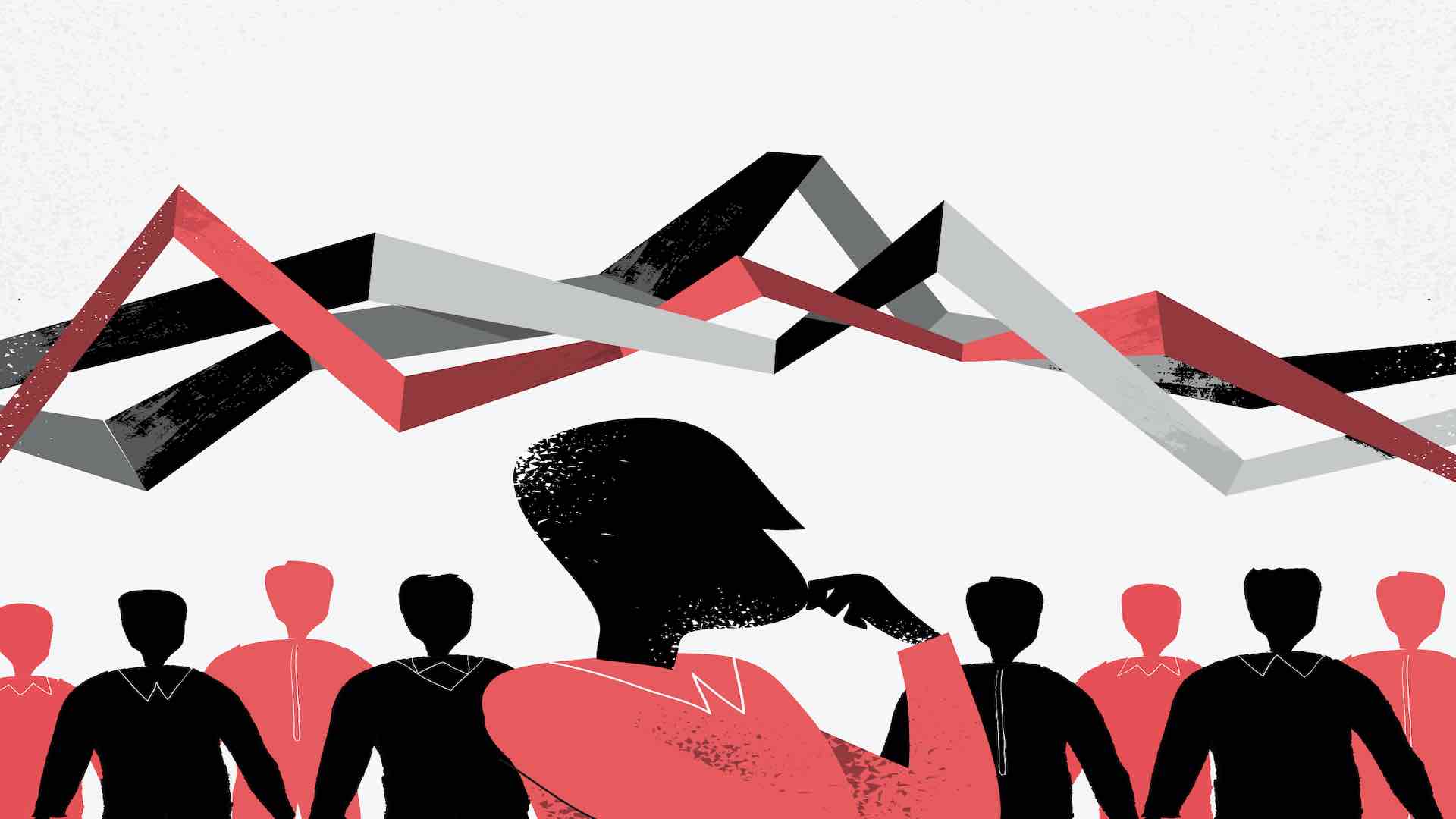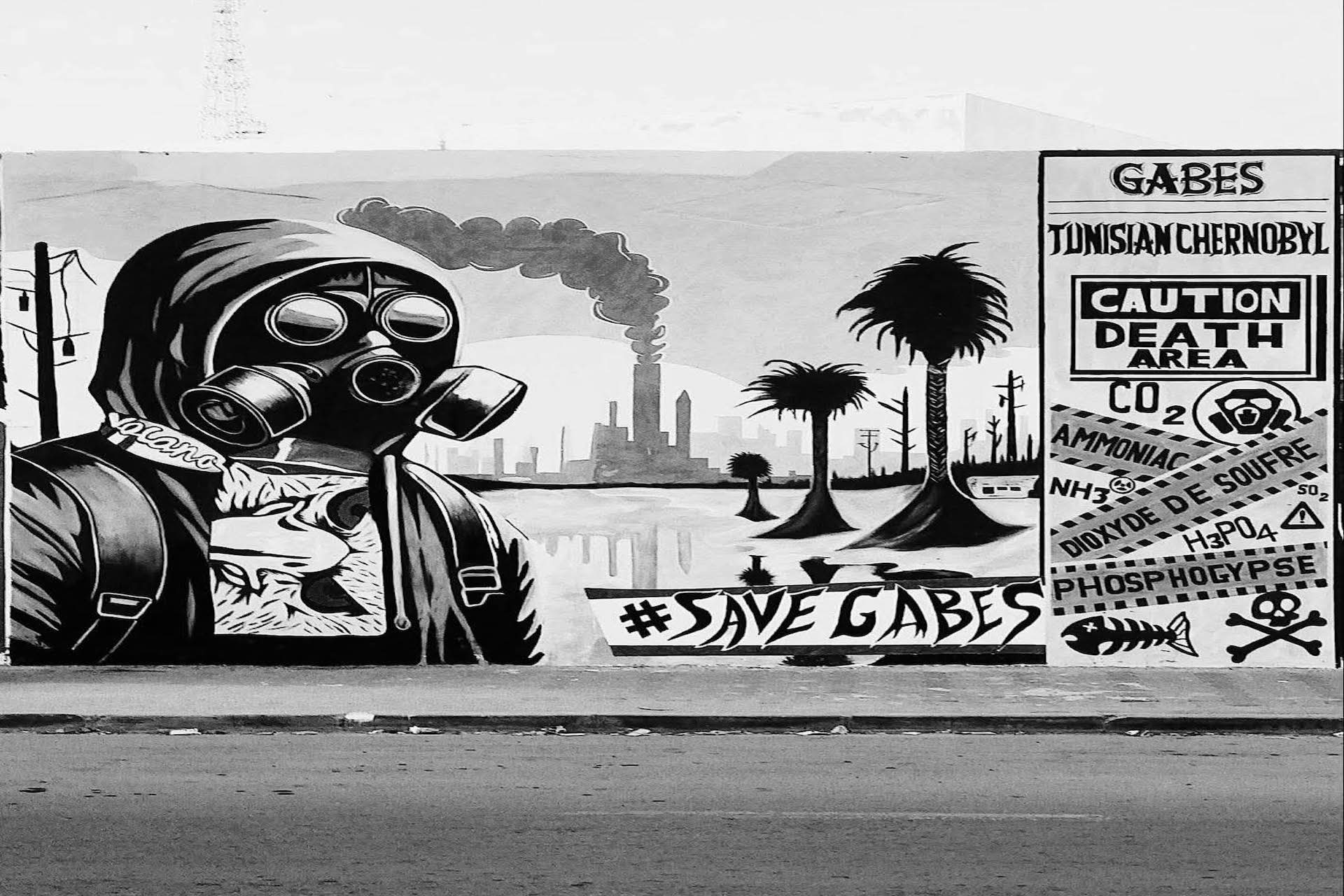Introduction
In today’s hyper-connected world, social media can transform an individual from obscurity into a global figure overnight. For one Tunisian TikToker living in Austria, the price of digital fame may now extend far beyond likes and virtual gifts. After tearing up Tunisia’s national flag and insulting the country’s president during a livestream, he is at the center of a storm that mixes questions of national dignity, online toxicity, and potential financial misconduct across borders.
The Flag Incident That Sparked Outrage
According to Al-Ain and Akhbar Al Aan, the controversy began when the influencer accepted a challenge with a Moroccan streamer, ultimately ripping apart the Tunisian flag live on TikTok while making derogatory remarks about President Kais Saied. The video immediately went viral, triggering waves of anger among Tunisians both at home and abroad.
Desecrating the national flag is a criminal offense in Tunisia. Under Tunisian law, the act may lead to prison terms of up to one year. Combined with insults directed at the head of state, this incident falls directly within the scope of Decree-Law 54 (2022), a regulation increasingly used to prosecute citizens, journalists, and digital creators accused of spreading “false news” or undermining state symbols.
The Toxic Economics of Streaming
The event cannot be viewed simply as a random stunt. It follows a recognizable formula used by toxic streamers worldwide:
- Create provocation → 2. Trigger outrage → 3. Go viral → 4. Monetize attention.
Sources suggest that the influencer earns between €5,000 and €20,000 per month from TikTok through gifts, digital coins, and sponsorships. That translates into a yearly income of €60,000 to €240,000 — enough to place him in Austria’s higher tax brackets.
This financial scale raises a second layer of controversy: whether the influencer has properly declared these earnings to Austrian authorities.
Austria’s Tax Law: Clear Rules, Serious Consequences
Austria applies strict taxation rules for residents:
- Anyone spending more than 183 days per year in the country is considered a tax resident.
- Tax residents must declare their worldwide income, including online revenue, sponsorships, and digital gifts.
- Income in the range of €60k–€240k falls under Austria’s progressive tax system, with rates climbing up to 55%for the highest brackets.
Failure to declare such income can trigger audits, back taxes, and heavy penalties. In cases of intentional evasion, Austrian law allows authorities to investigate up to 10 years back and impose criminal sanctions, including imprisonment.
How Austria Could Detect Undeclared Income
Even if TikTok itself does not directly share data with tax authorities, Austria has multiple channels to uncover hidden earnings:
- Automatic exchange of financial information (CRS/AEOI): banks and payment processors must report account balances and transfers internationally.
- Payment providers (PayPal, Stripe, etc.): can be compelled to hand over transaction data.
- Lifestyle audits: tax authorities may investigate if visible spending far exceeds declared income.
- Media attention: scandals reported in the press can trigger official scrutiny.
If proven, undeclared TikTok income at this scale could be treated not just as oversight, but as tax fraud.
Tunisia’s Perspective: Sovereignty and Symbolism
For Tunisia, the issue is primarily symbolic and political. Desecrating the flag touches on national identity and unity, and insulting the president is prosecutable under Decree-Law 54. While human rights organizations criticize the law as a tool for silencing dissent, in this case both the public and authorities share outrage.
The challenge lies in jurisdiction. Tunisia cannot easily prosecute someone residing in Austria, unless international legal cooperation is invoked. While extradition for “flag desecration” is highly unlikely, financial crimes — particularly fraud and tax evasion — are treated more seriously in cross-border legal frameworks.
The Dual Legal Front: Tunisia & Austria
- In Tunisia: The streamer faces moral condemnation and potential criminal charges for insulting the flag and the president.
- In Austria: He may face financial investigations for failing to declare substantial online income, exposing him to tax fraud allegations.
- Internationally: Cooperation between the two states is possible, particularly if fraud or money laundering is suspected.
This dual exposure makes the case unique: one act of online provocation now bridges two legal systems on two different continents.
Related Reading on TikToxTunisia.com
To better understand the environment in which this case is occurring, check out these related investigations:
- TikTok & Money Laundering: Risks in Tunisia — explore how TikTok’s donation and gift systems may enable unmonitored international transfers.
- How TikTok Streamers Earn: Money & Donations in Tunisia — insight into how streamers monetize their content and legal risks in doing so.
- TikTok Agencies in Tunisia: Opportunities & Risks Explained — a look at how agencies operate, often with little transparency, and how creators can be vulnerable.
- Social Scandals and Illicit Activities on Tunisian TikTok — broader context on influencer misbehavior, regulatory gaps, and public controversies.
Conclusion
What began as a reckless livestream stunt has spiraled into a complex international controversy:
- For Tunisia, it is a violation of sovereignty and national pride.
- For Austria, it may represent a case of undeclared income and tax fraud.
- For TikTok, it is simply another viral moment that drives profit.
Unless both governments act decisively — Tunisia to safeguard its national dignity, Austria to enforce tax compliance — toxic streamers will continue exploiting loopholes, profiting from outrage while citizens and states pay the price.













